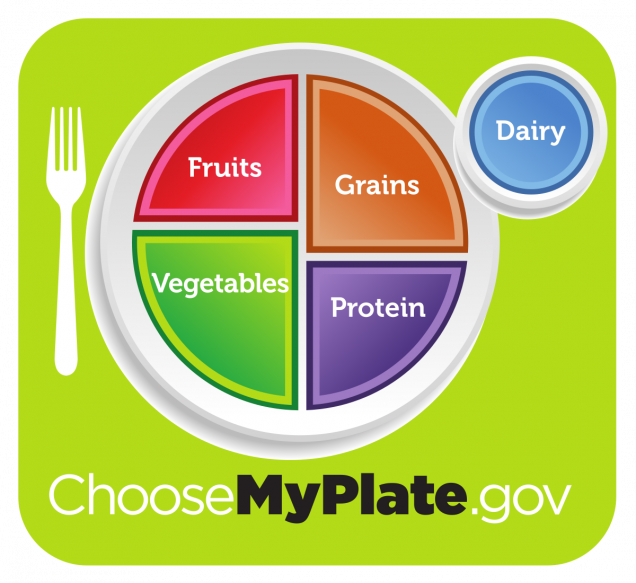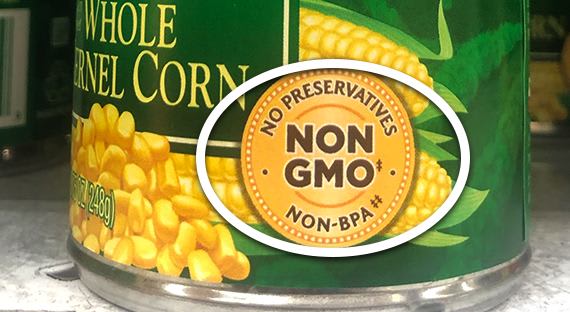Spring 2020 Course Highlight: ML720 U.S. Food Policy and Cultural Politics
This post was written by current student Sarah Critchley.
The time has come to start thinking about spring courses! While it’s tough to choose with so many excellent options, may I present a case for taking ML720 U.S. Food Policy and Cultural Politics?
When I took U.S. Food Policy with Dr. Ellen Messer in the Spring semester of 2018, current politics provided a relevant framing for the class. The new Farm Bill, expected to come out every five years, was crawling through our systems of government as our class moved towards the end of the semester; learning about the issues in the bill that the Congress and Senate were debating in real time added weight to the urgency of learning about the way our food system is structured in the United States and how it got to be the complicated structure that it is today. As a person who tries her best to be politically active and aware, learning more about SNAP, WIC, and other programs covered in the Farm Bill at the moment they were in the news for having their funds cut improved my ability to be an informed citizen.

The course covers the gamut of food systems, food chains, and how governmental and non-governmental institutions control the way food is grown and dispersed. Dr. Messer has had a long and esteemed career studying food from an anthropological perspective, and she shared her extensive knowledge as well as the connections she has made over the years with guest lecturers. Representatives from Indigo Ag came to speak to us about the ways that tech companies are trying to create solutions for climate change-driven problems in farming, and Tristan Noyes from the Maine Grain Alliance came to speak to us about organic farming and revitalizing local grain economies in the Northeast. The assignments were diverse in their approach to learning; our projects included studying one commodity from every stop on its way to the consumer (I am an eggspert on eggs now, ask me anything), discussion of documentaries like King Corn, and researching local food policies in the state or region of our choice.

I don’t know if I will go into food policy after I graduate the program, but I deeply appreciate the knowledge that this course gave me and how relevant it is to the rest of my coursework in the Gastronomy program. When we studied Julie Guthman’s Weighing In, I made connections to the kinds of arguments that nutrition-focused policy venerates as the way forward to healthy Americans. In reading Alkon and Agyeman’s Cultivating Food Justice: Race, Class, and Sustainability, I was able to engage with ideas of social justice within sustainable food practices through different angles after learning about the policies in place to control large and small-scale farmers. When we read Hayes-Conroy’s piece “Feeling Slow Food: Visceral Fieldwork and Empathetic Research Relations in the Alternative Food Movement” investigating research methods in the Slow Food movement for the Food and the Senses course, I felt I had a good understanding of the mission and the people she was examining. In the Sociology of Taste course I am taking this semester, it’s been helpful to understand U.S. food policy in studying how our tastes are created, and how governmental policies play into what farmers grow and what foods become more valued than others. Specifically taking a class on U.S. food policy instead of trying to merely absorb it as I navigate the Gastronomy program gave me a foundation of knowledge to use in the rest of my courses as I seek to critique, question, and understand the history and the status quo of food in our society.